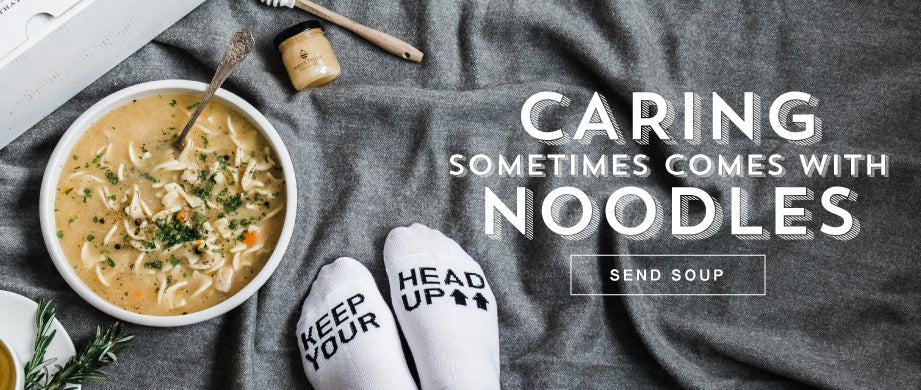Learning to Cope with Cancer
Coping with Cancer
Learning that you or a loved one has cancer can be an extremely difficult experience. Every situation is unique. We each encounter trials and cope in our own ways. Here are some suggestions for coping after your cancer diagnosis.
Learn all you can:
Once you have been given a diagnosis of cancer try to obtain as much information as you can. What is your particular diagnosis? What kind of cancer is it? Where is the cancer? Can the cancer be treated? What are the treatment options? What can I expect during treatments and what are the side effects? Write down your questions and take them to your doctor. Be your own advocate! And keep asking questions until you fully understand.
Live a healthy lifestyle:
Make positive changes in your lifestyle that will improve your overall well-being. Incorporate exercise and good nutrition into your daily life. Pay attention to how you are feeling and make sure that you are getting plenty of rest. These can all help improve your energy level and manage the stress and fatigue that cancer and treatment can cause.
Let others help:
Asking others for help may be uncomfortable, but often that is how friends and family cope with your situation. Seek support from your family and friends. Learn to accept help from others. Often friends and family can run errands, prepare meals, provide transportation, babysit and help out with chores around the house. Get advice from others who have been in your shoes. Those who haven’t experienced cancer can’t always know what you are going through. If you don’t have a friend or family member who has had cancer you can reach out to support groups.
Live your normal life:
Try to maintain your normal routines and activities. Stay involved with the world around you.
More than 14 million Americans are alive today after facing a cancer diagnosis. According to the American Cancer Society, an estimated 18 million people in the United States will have survived cancer by the year 2022. Today cancer is not a death sentence. Regardless of the prognosis, this is a time to do things you’ve always wanted to do and to spend quality time with friends and family. Focus on things you can do rather than what you cannot.
These tips have helped many people cope with life after a cancer diagnosis. Can you suggest other ways to make each and every day count?

